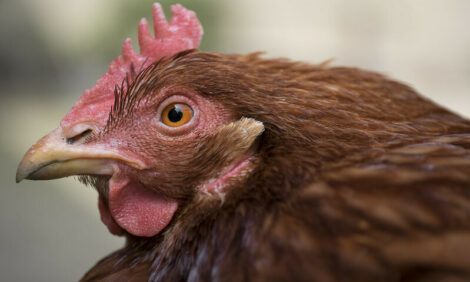



Novel technologies needed to combat IB in chickens
Despite decades of vaccination, the world poultry industry’s ongoing battle with infectious bronchitis (IB) continues to rage and points to the need for novel technologies to combat the disease, according to Haroldo Toro, DVM, PhD, Auburn University.“The industry has done a lot, but we have not been able to control [the disease]. And you know, the first vaccines were produced in the 1950s, and here we are still talking about bronchitis,” Toro told Poultry Health Today.
The IB virus is extremely “successful” and is probably the most economically relevant virus in the poultry industry worldwide. It’s always there, he noted, in contrast to avian influenza, which comes and goes.
When the right IB vaccines are used at the right time, producers can expect reasonably good protection against the IB virus. That’s not always the case, however, because of the changing nature of the IB virus, the lack of cross-protection and the ability of the virus to recombine.
If flocks have IB virus strains A and B, for example, and are vaccinated only against strain A, they won’t be protected against strain B, said Toro, who gave a keynote address titled “Understanding the success of infectious bronchitis virus” at the 2018 American Association of Avian Pathologists conference.
“So, what we need to do is invest in new, novel technologies,” he said.
“Recombinant vaccines induce an immune response but don’t replicate in the host, but there are other vectors that could be used that would express a particular protein in a way that would also produce immunity against IB virus.”
Questions European approach
Toro questioned an approach to IB virus control used in Europe that involves the use of vaccines with serotypes that are said to protect against other serotypes. The approach “doesn’t work,” he asserted, and said researchers have demonstrated it is not effective against US strains of IB virus.
The perceived boost in protection “may be just because of the invasiveness of [a] particular virus strain that they have been using,” he reasoned. “It just covers all host receptors, and the wild strain is not able to replicate.”
For now, the best strategy is to use diagnostics to identify the strains of IB virus affecting a flock and then use a homologous vaccine — a strain similar to the wild strain that’s causing the problem.
Toro noted his involvement with studies demonstrating that the response to IB vaccines isn’t as good in birds with an immature immune system. “If you have the possibility of postponing your vaccination, you will have a better response,” he said.









